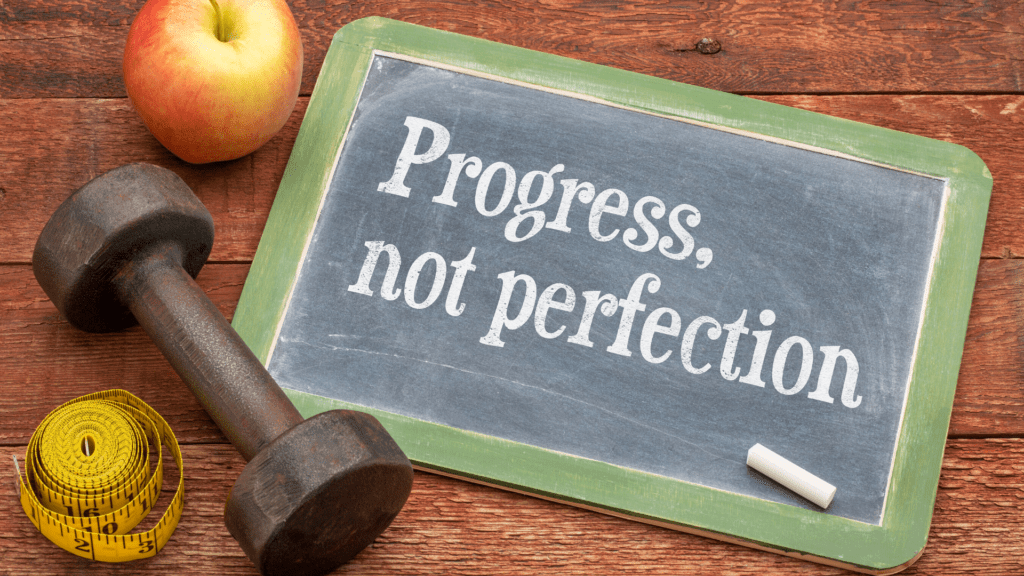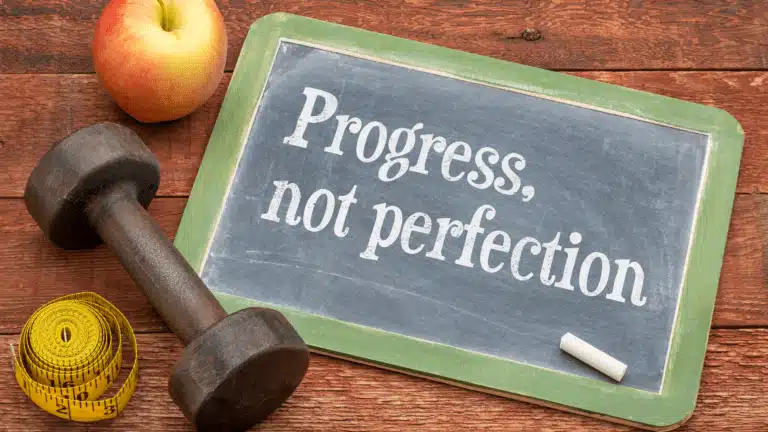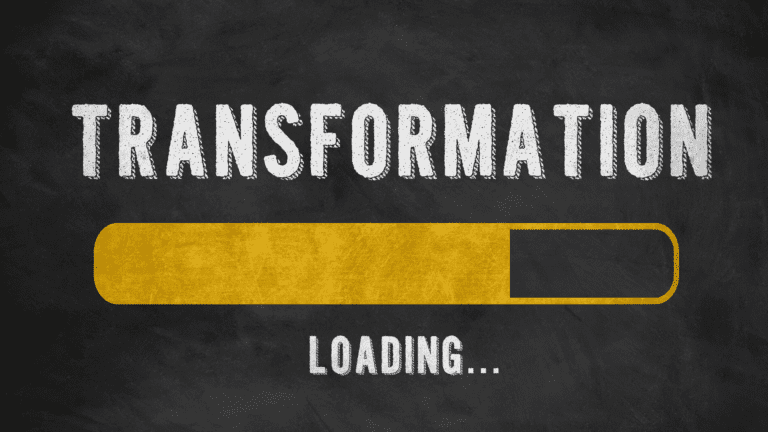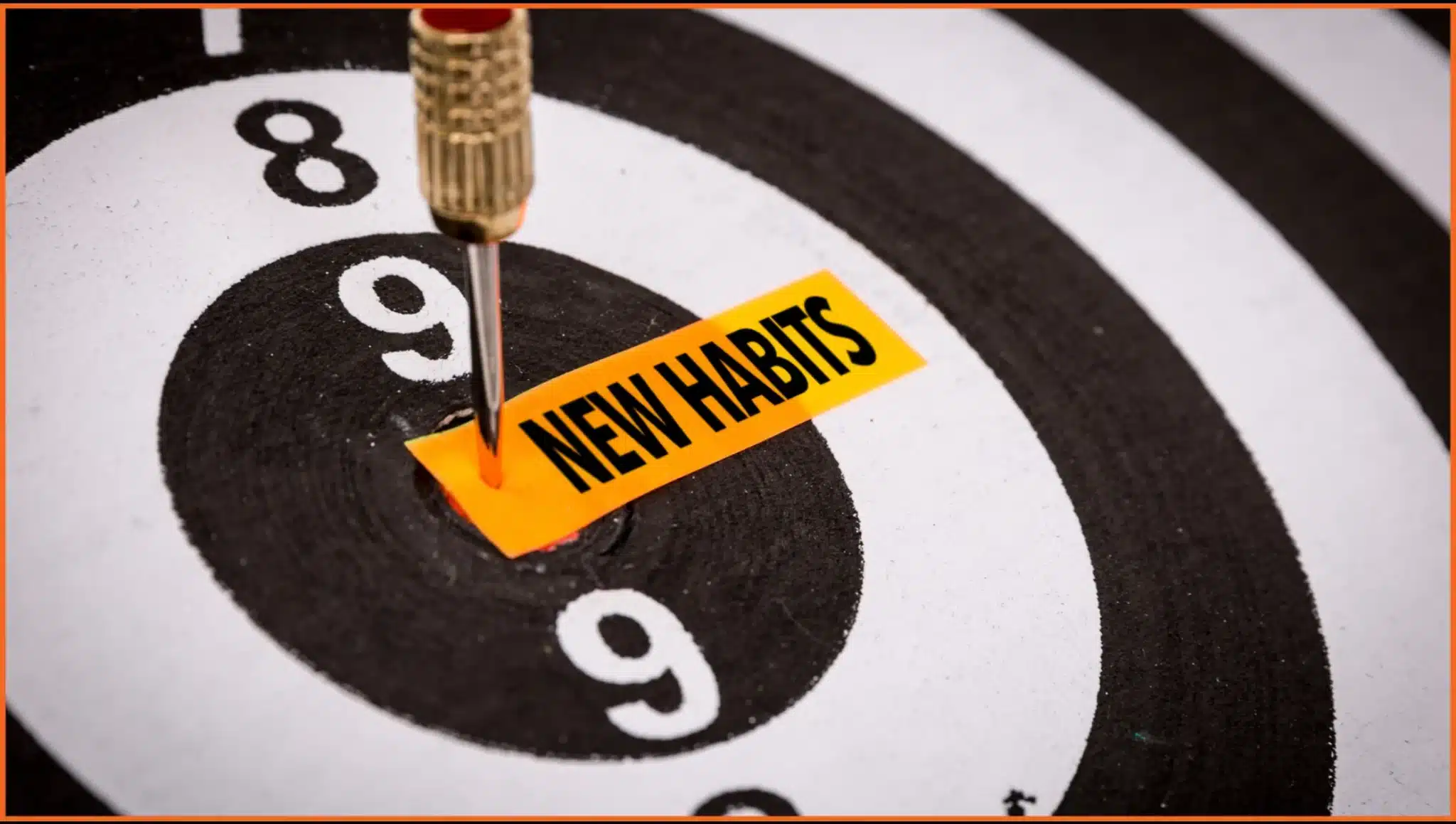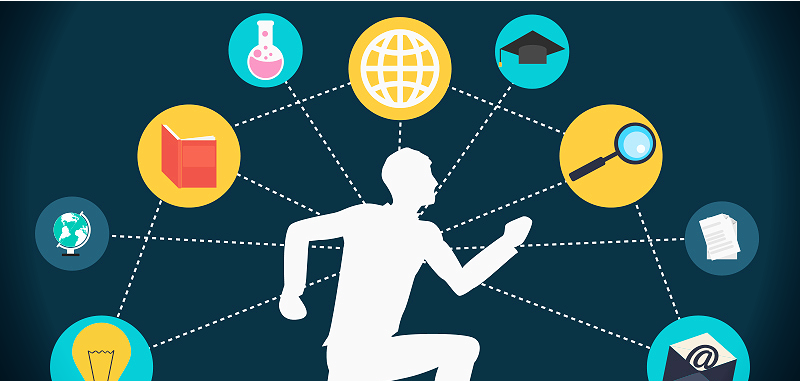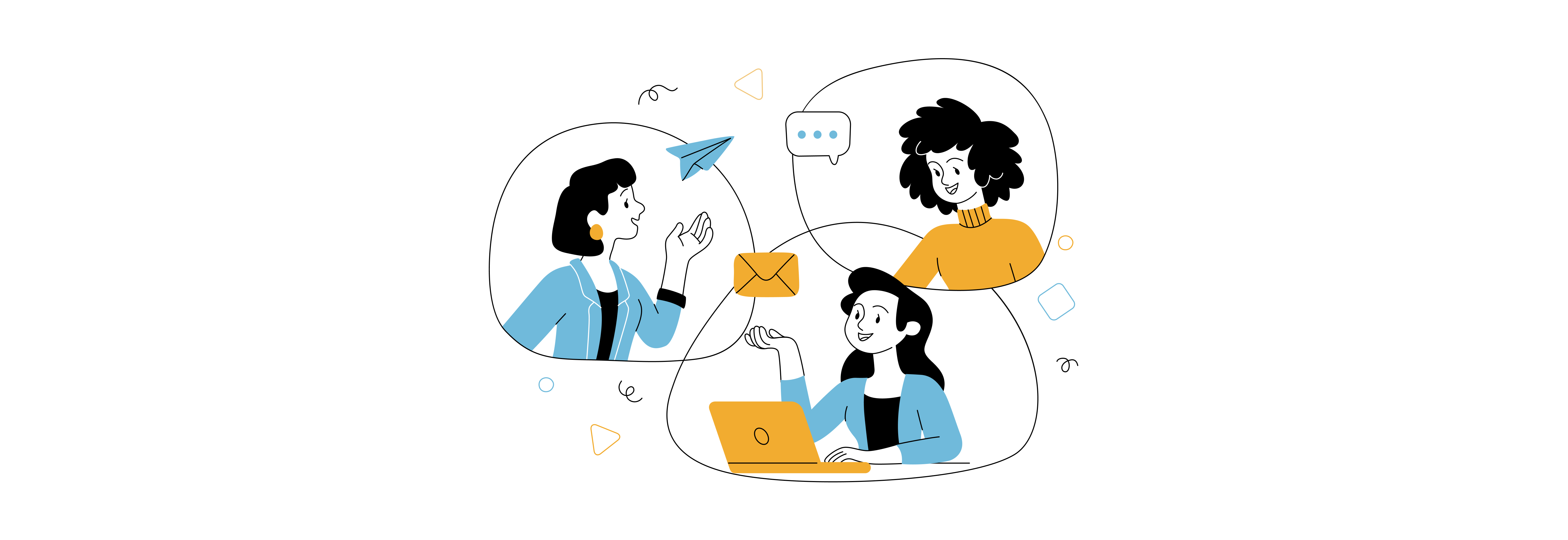In our experience at FocusU, one of the biggest roadblocks to growth, especially in remote and hybrid workplaces, isn’t lack of competence or motivation. It’s the myth of perfection.
This post is an attempt to revisit, reflect, and reframe this idea based on what we’ve witnessed through our learning interventions, our conversations with HR and L&D professionals, and our own experience navigating change.
Virtual Realities and Unreal Expectations
Table of Contents
This reflection began during a train-the-trainer webinar. The facilitator had just posed a powerful question: “What’s the biggest challenge you face in leading virtual teams?” I was eager to respond, but network issues had other plans. I could neither hear the responses of others nor share my own. And in that moment of disconnection, the irony struck me: the pressure to show up as “flawless” is perhaps the most flawed expectation of all.
In our interactions with professionals over the past few years, we’ve seen how many people – especially working women – are juggling multiple roles: professional, parent, chef, teacher, cleaner, and tech support. The emotional labour is real. The mental load is invisible. And the expectation of perfection? It’s exhausting.
We’ve heard stories of moms baking cakes on conference calls. Of employees dialing into meetings while folding laundry. Of anxious smiles hidden behind turned-off video feeds. And through it all, the message is clear: we’re doing our best. Let that be enough.
Why Perfectionism is Problematic
Perfectionism often masquerades as high standards. But in our experience, it creates more harm than good. Here’s why:
- It delays progress: Teams spend more time polishing than producing.
- It discourages contribution: People are afraid to speak up unless they have a flawless answer.
- It amplifies burnout: The gap between expectations and reality becomes unsustainable.
- It erodes psychological safety: Mistakes become taboo rather than teachable.
We’ve noticed that teams that celebrate “done” over “perfect” tend to be more agile, creative, and collaborative. They iterate. They ask questions. They learn.
Progress Over Perfection: What This Looks Like
In our virtual programs, we often see participants hesitant to switch on cameras. Not because they don’t care but because they’re still in the kitchen, or in workout clothes, or parenting in parallel.
So we started saying this upfront: “Just show up. As you are. Good is good enough.”
And guess what? The energy changed. Conversations deepened. Laughter flowed. Because when people drop the performance of perfection, they step into authenticity.
As one participant told us, “I finally felt like I belonged.”
Letting Go at Home, Too
The pressure for perfection doesn’t stop at work. It spills into homes.
We’ve observed (and lived) how women, in particular, often shoulder the invisible burden of ensuring spotless kitchens, well-ironed clothes, and balanced meals – even while leading teams and projects.
But here’s the shift we’ve seen:
- Partners learning to co-own chores
- Children learning independence
- Individuals discovering joy in unlikely tasks (like doing dishes!)
These aren’t just coping mechanisms. They’re acts of growth, resilience, and rebalancing. The pandemic blurred boundaries, but it also redefined roles. And many of us are still learning what that means.
Implications for L&D and HR Professionals
From a learning and development lens, here are a few things we’ve found helpful when it comes to dismantling the perfection myth:
- Redesign feedback frameworks: Move away from binary “right/wrong” evaluations. Focus on growth and learning curves.
- Build psychological safety: Leaders should model vulnerability. Mistakes should be met with curiosity, not criticism.
- Make space for the human: Encourage cameras on, even if backgrounds are messy. Make wellbeing check-ins part of your agenda.
- Prioritize consistency over intensity: Encourage small, regular learning moments instead of marathon sessions.
- Celebrate the messy middle: Highlight stories of progress, iteration, and pivots. That’s where the real learning lies.
Reframing the Idea of ‘Enough’
Voltaire said it best: “The best is the enemy of the good.”
At FocusU, we believe that the future of work isn’t about picture-perfect slides or neatly curated avatars. It’s about presence. Participation. Progress.
Because if we wait for the perfect time, perfect conditions, perfect plans – we’ll wait forever.
Instead, let’s ask:
- What’s the one thing I can do today?
- What’s worth letting go?
- What’s already working that I’ve overlooked?
Final Thoughts
Perfection may be unattainable. But presence? That’s available.
We encourage you to show up as you are. With your flaws, quirks, cluttered backgrounds, and courageous honesty.
Because in our experience, people don’t remember perfection. They remember connection.
Let’s lead with that.
